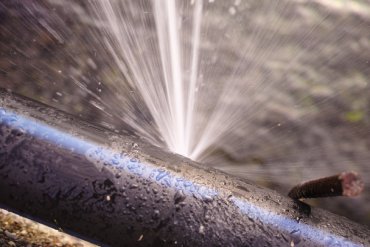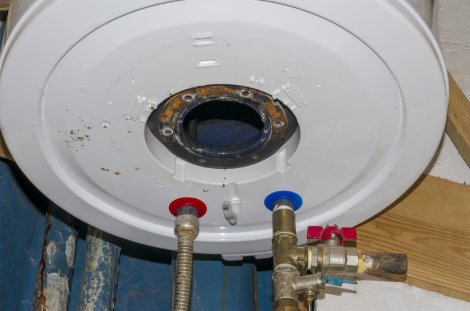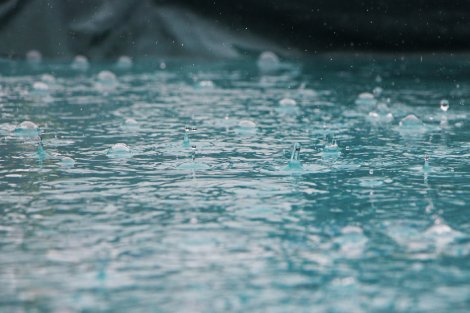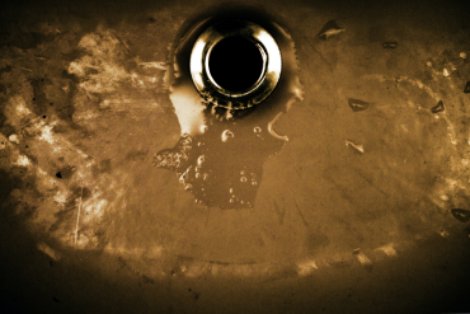Many homeowners are shocked when their insurance companies deny them coverage for losses acquired when their basements flood unexpectedly and require cleanup. It’s important to know that whether or not your homeowners insurance covers your basement flood depends on WHAT caused the water damage in the first place. Homeowners insurance covers many “sudden or accidental” water damage instances that are “within” the home. However, there are several exceptions that are not protected under regular homeowners insurance.
When Does Homeowners Insurance Cover Basement Flood Cleanup?
There are many causes of emergency flooding in your home, but not all are covered. Here are the most common types of water damage that policies cover.
Emergency Flooding Due to Frozen Pipes That Burst
During the cold winter months, one of the most common causes of flooding is frozen pipes that burst. This is considered sudden and accidental and the resulting damage should be covered as long as the following requirements are met:
- You have kept up with the basic maintenance of the home
- You have kept the home at a minimum temperature that should inhibit the pipes from bursting. Check your policy to determine what temperature your insurance company requires.
- You are living in the home at the time of the bursts or, in the case of a vacation home, you routinely check on the property
Faulty or Broken Basement Appliances
If an appliance, such as a washing machine or freezer, is faulty and causes water damage that requires basement flooding restoration, your insurance will most likely cover the costs of the damage. Keep in mind that you must conduct routine, proper maintenance on your appliances or the damage will not be covered in the event of a flood. Also, most insurance policies will only cover the cost of the water damage but not the cost of the appliance. Check your policy to be sure.
Flooding Caused by a Localized Overflow of Water
If there is an overflow of water that occurs, such as a sink or tub that has exceeded its capacity, your homeowners insurance should cover this. This is classified as sudden, accidental and within the home.
A Leaking Water Heater
As long as you have properly maintained your water heater, homeowners insurance should cover any flooding that is caused by a leak.
When Doesn't Homeowners Insurance Cover Your Basement Flooding?
Unfortunately, there are times that basements flood and they are not covered by homeowners insurance. These exclusions include:
Rising Waters From a Storm, Surge or Rain
We often see basements in Saratoga flood unexpectedly as a result of heavy rain, natural disasters and storm surges. Unfortunately, this is not covered under homeowners insurance as it is considered a cause from outside of the home. It didn’t involve the home’s piping system so it does not fall under the domain of coverage. A separate flood insurance policy may cover these losses though.
Sump Pump Backups
This one frustrates a lot of homeowners, as it seems as though sump pumps should be covered as they fall within the home domain. However, standard insurance policies do not include this coverage. Many insurance companies do have this as an additional endorsement you can add on. It typically does not cost a ton but covers a portion of the damage that could be caused.
Seepage of Groundwater
During the spring months in Lake George, NY when rain is upon us, the ground gets extremely saturated with water. Too much can cause the groundwater to seep through your basement floors and walls resulting in unwanted flooding. Unfortunately, insurance companies do not cover this as they see it as a maintenance issue.
Sewer Backups
Most standard home insurance policies do not cover sewer backups, which can cause extensive damage. You can opt to add sewage backup insurance to your policy. However, it normally only covers up to $10,000, which might only be a drop in the bucket compared to the damage a sewage backup can cause.
Issues Caused by a Lack of Maintenance
Any time that a flood is caused by an appliance or other part of the home that has not been adequately maintained, it will definitely not be covered by insurance. Be sure to do routine maintenance on your house to avoid a lack of coverage if a flood does occur.
What Should I Do To Ensure I Have Adequate Coverage If My Basement Floods?
Preventing basement flooding isn't always possible but preparing for damage and making sure you are covered is. Here are some steps to take.
Review your Insurance Policy
It’s important to know what your standard policy does and does not cover. You’ll want to review the policy for anything related to flooding, including sewage and sump pump backups. Don’t be afraid to call your agent if you have questions or need clarification on what would and would not be covered in the event of a flood. We recommend doing this long before you ever anticipate any water damage. It comes on unexpectedly and knowing what your policy covers beforehand can keep the stress levels down.
Add Endorsements for Sewage and Sump Pump Backups
As mentioned previously, you may want to look into the options of adding additional coverage for these types of backups. The cost is fairly reasonable in relation to the amount of damage that could be covered.
Consider Adding a Flood Insurance Policy
If you live in an area that is prone to flooding or are worried about flooding caused by weather related instances, such as torrential rain, it might be a good idea to get flood insurance in addition to your homeowner's insurance. Flood insurance does have certain coverage limits for basements, so you’ll want to read the fine print and ask questions to clarify all of this.
Have Additional Questions Regarding Basement Flooding?
At CleanBright Surface Restoration, our experienced team can help you walk through the concerns you may have surrounding basement flooding. Call us today at 518-608-6242 or fill out the form below to get in touch.





